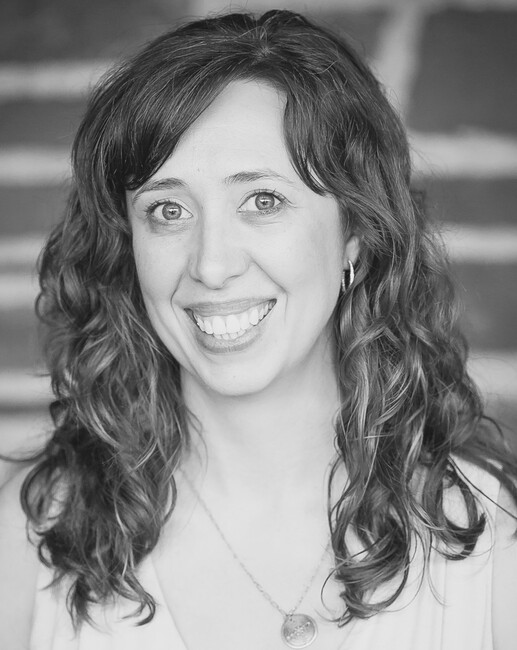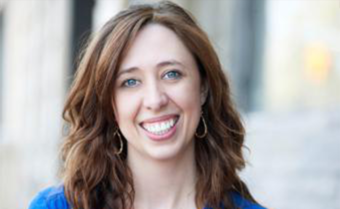
Erica Nagel is the Director of Education and Engagement at McCarter Theatre Center, where she serves as a senior member of the artistic staff, and oversees a variety of programs for learners of all ages. She teaches courses in community-based performance and devising theatre with youth at Princeton University. Previously, Erica served as the Artistic Engagement Manager at McCarter and has also worked on the artistic staffs of Geva Theatre, Williamstown Theatre Festival, Premiere Stages, and as a freelance developmental dramaturg throughout the country. Erica’s work exploring the intersection of play development and community engagement has been published in the LMDA Review and the Journal Theatre Topics, and has been presented at conferences including Pedagogy and Theatre of the Oppressed, the International Conference on American Drama, and the Steinhardt Forum on Theatre for Young Audiences. She is a proud past participant in the TCG New Generations program, which “seeks to identify exceptionally talented theatre professionals who will impact the field in a positive way.” Erica received her MFA in Performance as Public Practice (Theatre and Social Change) at the University Texas-Austin, where she was a recipient of a University Continuing Fellowship for her thesis project, Collaboration, Context, and Common Ground: A Model for Community-Engaged Dramaturgy.


